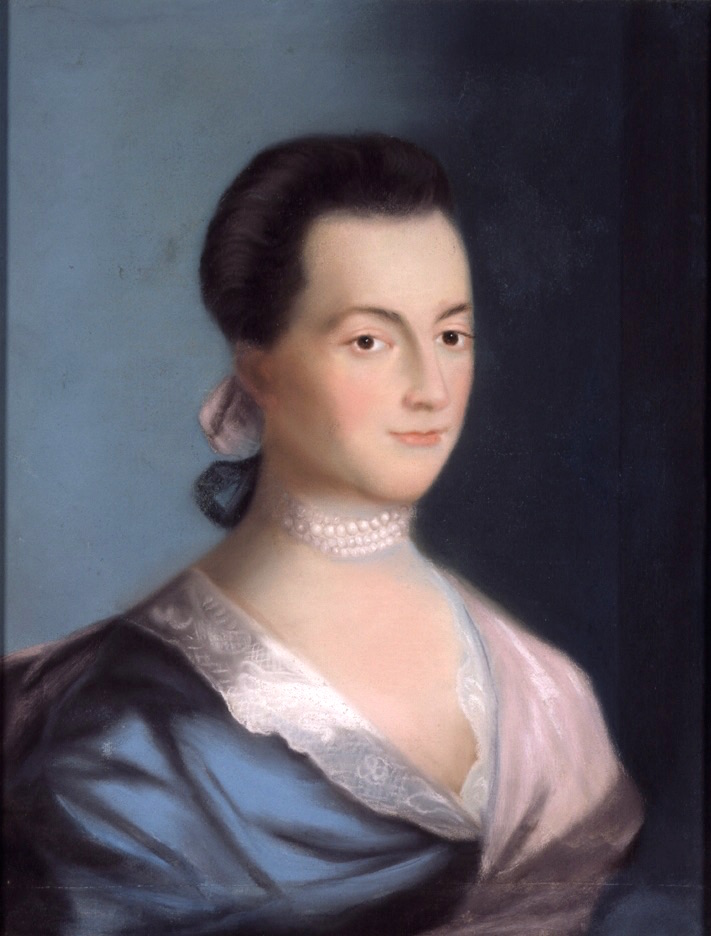 Coverture is the legal principle that husband and wife are one person - the husband. In Abigail Adams
Coverture is the legal principle that husband and wife are one person - the husband. In Abigail AdamsThere is undoubtedly more documentation on Abigail Adam's life two centuries ago than there is for yours or mine. Two factors contributed to the treasure trove of over 1,200 letters documenting her life. First, she lived in a time of written communications: letters, not the ephemeral verbal and electronic communication of today. But more important, and specific to Adams, for much of her life she was separated from her husband John Adams as he worked on the Declaration of Independence, United States Constitution, international negotiations with France and England, and the job of Vice President and President of the United States. The geographical separation of husband and wife, in a time before telephones and Internet, yielded a extensive volume of letters.
Most interesting, these letters revealed how Abigail amassed a large personal (contrary to the principle of coverture) fortune and used these resources during her life-time and managed to pass it on to her female relatives.
The book provides a unique view of the founding of the United States from the female point-of-view. Perhaps of more interest is Adams life-long drive to provide education and financial resources to all women.
The extensive source material is a two-edge sword: one the positive side, much is known about the life of Abigail Adams. One the negative side, so much detail slows the narrative, as much of daily life is reported in repetitive detail.
An excellent choice for history buffs.


No comments:
Post a Comment